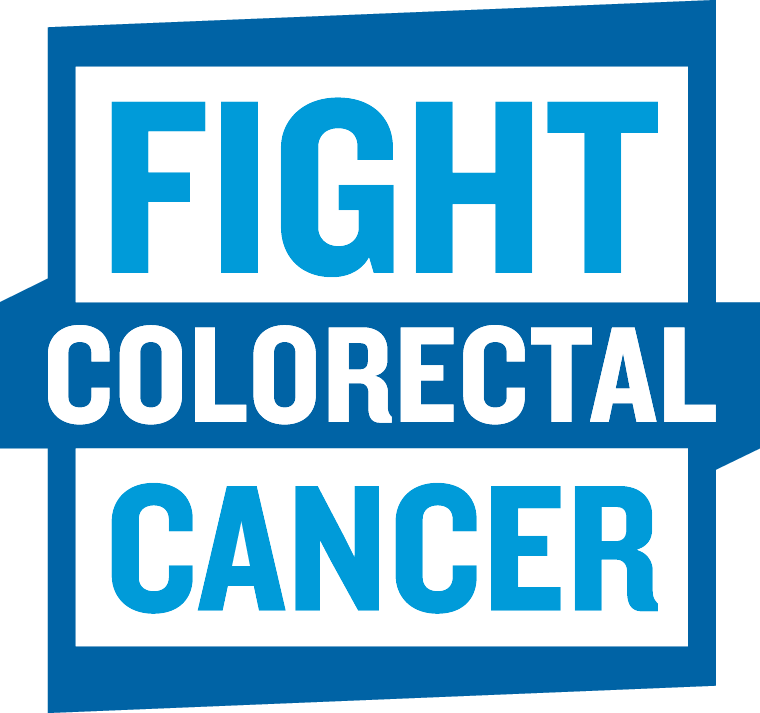Colorectal Cancer Tests

- admin
- March 23, 2015
- Cancer, Colonoscopy, Specialty Services
- No responses
A colorectal cancer screening is the most important way to prevent colorectal cancer, there are lifestyle changes that can reduce your risk for polyps and colorectal cancer.
The colon (also known as the large intestine) is about 5 to 6 feet long. It begins at the cecum and ends with the anus. The last 5 to 10 inches of the colon is known as the rectum. Cancer located in the rectum is called rectal cancer. Cancer located in the rest of the colon is called colon cancer.
Colorectal cancer occurs when abnormal cells form tumors in normal tissues of the intestines and digestive system. The exact type of “colon” or “rectal” cancer found depends on where the abnormal cells first began and how fast they grew and spread. Colorectal cancer (CRC) is the term encompassing both cancer types.
CRC may have no symptoms at first, but as the tumor grows, it can disrupt the body’s ability to digest food and remove waste, causing potentially severe bowel and abdominal problems.
At first, the tumor is contained within the colon or rectum. This is called “local” CRC. Over time, cancerous cells may move to nearby lymph nodes, and then to other parts of the body.
Stage III colorectal cancer means that cancer cells spread to lymph nodes. Late-stage colorectal cancer (stage IV or recurrent) means the cancer is advanced and cancer cells spread (metastasized) to form tumors in other areas of the body such as the liver or lungs.
After diagnosis, treatment of stage I, II and III colon cancer usually consists of:
Surgery to remove the tumor, along with lymph nodes
Study of the surgical specimen and lymph nodes to determine stage
Possible chemotherapy (stage III and some stage II)
Follow-up physical exams and tests to watch for recurrence
COLORECTAL CANCER VOCABULARY
Colon cancer is cancer that forms in the tissues of the colon (the longest part of the large intestine).
Rectal cancer is cancer that forms in the tissues of the rectum (the last 5-6 inches of the large intestine closest to the anus).
Recurrent cancer is cancer that returned after being diagnosed and treated.
Metastatic cancer is cancer that spread beyond its original location in the colon or rectum.
Colorectal cancer collectively refers to cancers of the colon and rectum.
TREATING COLORECTAL CANCER
Expert recommendations for colon cancer treatment based on current evidence are the basis for colon and rectal cancer.
• Download NCCN’s Treatment Guidelines for Patients – options for treatment at each stage and decision trees to help patients and their doctors decide on which option to pursue.
• The Johns Hopkins Digestive Disease Library has detailed information about the anatomy of the lower intestinal tract.
• Go here for more about treating colorectal cancer.
COLON AND RECTAL CANCER CAN BE PREVENTED
By finding and removing precancerous polyps (adenomas) that can develop into cancer, colorectal cancer can be stopped before it ever starts. In addition, screening for colon cancer can detect colorectal cancer early when it is most curable.
All adults over the age of 50 are at risk for colorectal cancer and should be screened for adenomatous polyps and cancer. Some people have a greater-than-average risk and should work with their doctor to develop an individualized screening plan.
While screening is the most important way to prevent colorectal cancer, there are lifestyle changes that can reduce your risk for polyps and colorectal cancer.
Most polyps grow on the end of a stalk, somewhat like a mushroom. When they get larger than the eraser on the end of a pencil (5 millimeters) their cells can gradually change to cancer. Other polyps lie flat against the wall of the colon and are called sessile. Not all polyps will become cancer, but it is important to remove them; some may remain harmless yet others may become cancerous. Screening can also find dangerous lesions that are not polyps.
Nonpolypoid colorectal neoplasms (NP-CRNs) are flat lesions in the colon that can be missed unless doctors look carefully for them, often using special colonoscopy techniques.One study found them in almost ten percent of patients who had a colonoscopy.
While over 90 percent of colon and rectal cancers are found in people over the age of 50, anyone at any age can get colorectal cancer. People younger than 50 need to protect themselves by knowing their family cancer history and their own medical history.
People with a family history of certain cancer or with certain medical conditions may need to begin colonoscopy screening earlier and be tested more often.
In addition, everyone, no matter how old they are, needs to know the signs & symptoms of colorectal cancer and have a complete colonoscopy to rule out cancer if they have symptoms.
